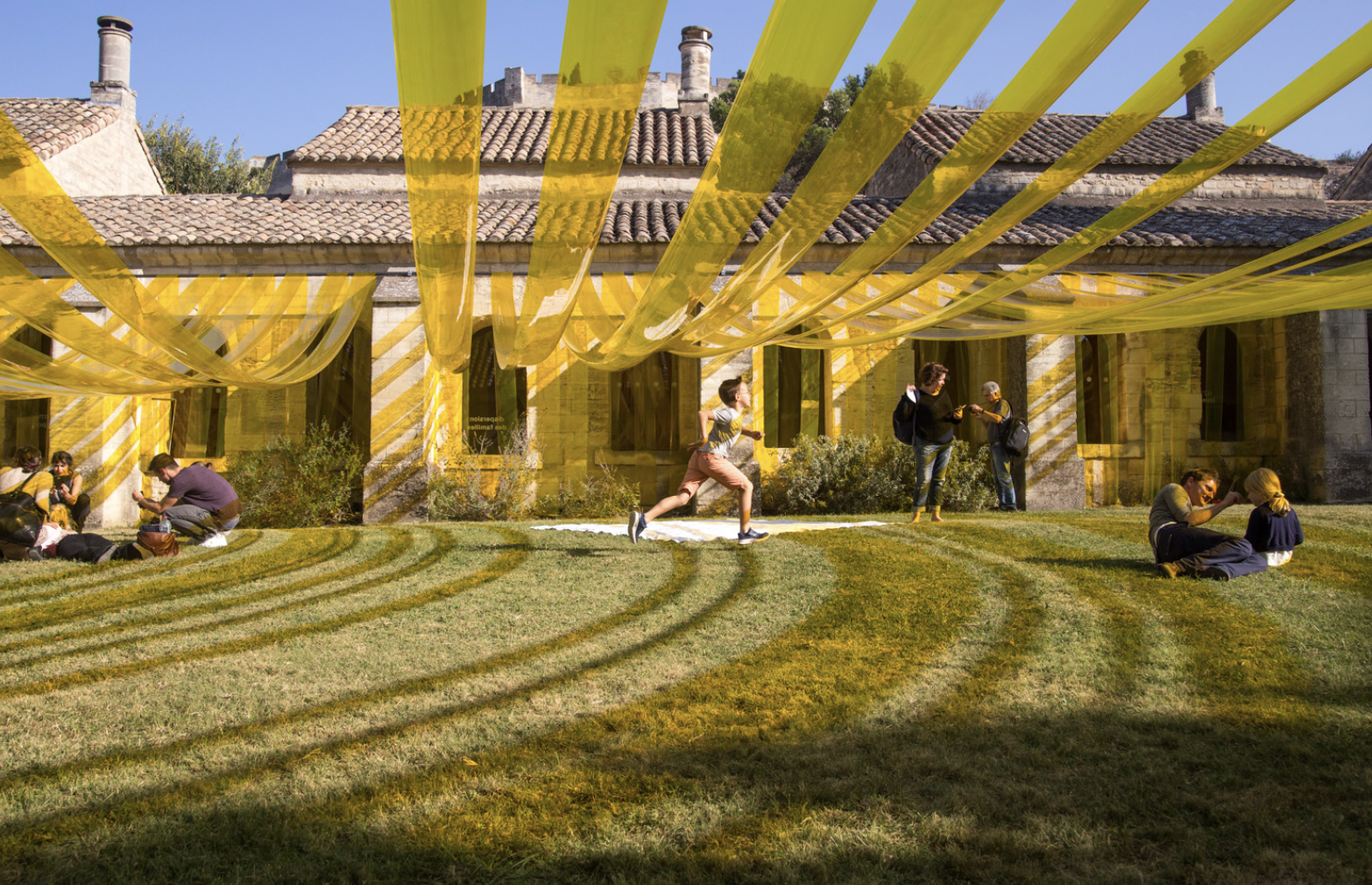On July 16 and 17, 2019, members of the ACR network were invited to gather at the Chartreuse de Villeneuve-lez-Avignon for two days of discussions.
Seminar 1: Artist residencies in cultural meeting centers
Hosting numerous artists and researchers in residence, cultural meeting centers offer residents support that is rarely found elsewhere—guidance, training, and time to create—in a conducive setting. Creativity is encouraged, as are encounters between artists and with the public. The CCR residencies represent a unique and common aspect within the network, which nourishes the territories and needs to be highlighted collectively. The multiplicity of practical and administrative arrangements and modalities was noted, as was the value of following residents over the long term or between CCRs. This theme of residencies, approached in both a common and very diverse manner by the members of the ACCR, could be the subject of a book or joint publication, highlighting the expertise and contribution of the CCRs in this field.
Seminar 2: Artistic and Cultural Education
The aim of EAC is to promote the development of a common culture and critical thinking, understanding, or personal experience of creation. The representative of the DRAC (Michel Roussel) and the Ministry of Culture (Céline Léger-Danion, head of Pass Culture) confirmed their willingness to intervene in areas with limited access to culture. It is in this territorial dimension that the CCRs are intended to carry out EAC actions. Several factors confirming the natural vocation of the CCRs to be involved in the development of EACs were mentioned:
- They develop long-term actions, creation is in the spotlight, and artists are accessible.
- Thanks to their location, they can act as the lungs of EAC in their regions.
- Their proximity to local audiences enables them to relay their requests.
- They have their own initiatives but can also host initiatives from other cultural actors.
- They are recognized for their professionalism and friendliness, which makes it easier for trainers to come.
Questions about audience mobility (particularly problematic in rural areas), links with the national education system, support from local authorities, and the inclusion of EAC in educational programs remained open.
Seminar 3: Towards collective projects
Following a presentation by Fanny Bouquerel (associate professor, Institut d'étude européen, Paris 8) on the nature of European networks and the varying ways in which they operate in terms of structuring, representation, and coordination, and the collective actions of their members, the CCRs returned to what constitutes a network for them. One of the areas to be prioritized is the link to heritage and the desire of the centers to make their sites active players and creators of content rather than spaces focused on their history. Other common points relate to the specific skills and know-how associated with the active reuse of a heritage site that is alive all year round, the involvement of local populations, innovation, and, of course, residencies. There is interest in better integrating the Faro Convention into the ongoing discussions, as well as the difficulty each member has in meeting the various obligations associated with participation in numerous other networks. The idea of developing a joint project around heritage was retained for further discussion at the AGM/CA in December 2019 at IMEC – Abbaye d'Ardenne.
The need to distinguish between themes and issues common to all European members and those specific to French CCRs during future meetings was established.
A detailed version of this summary is available at this link.

